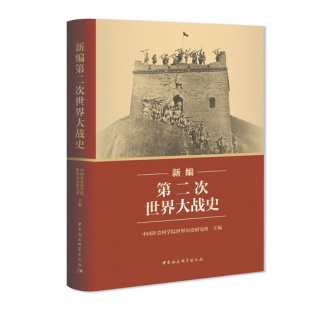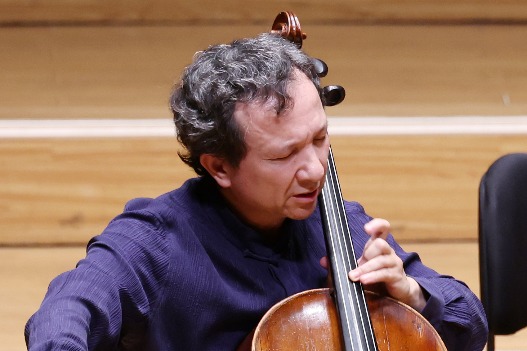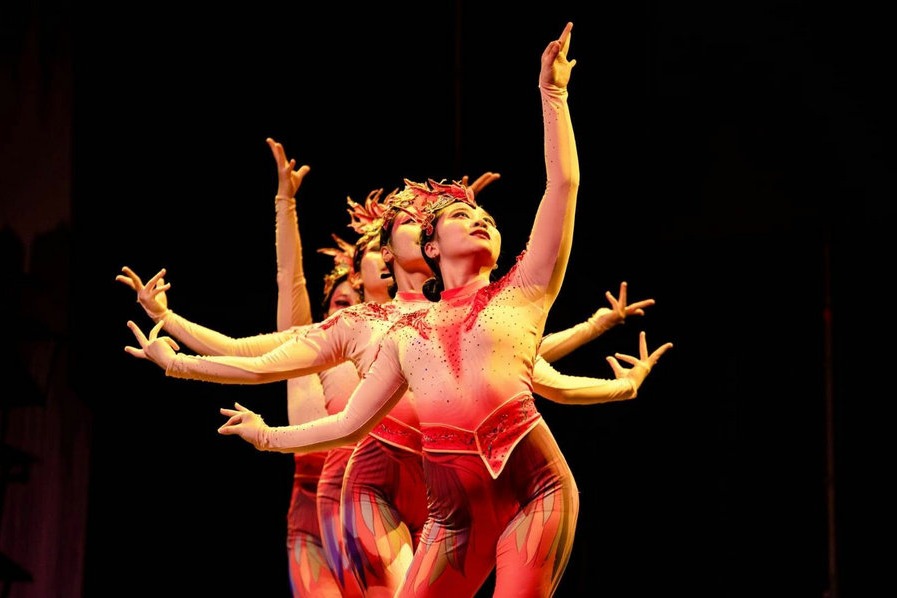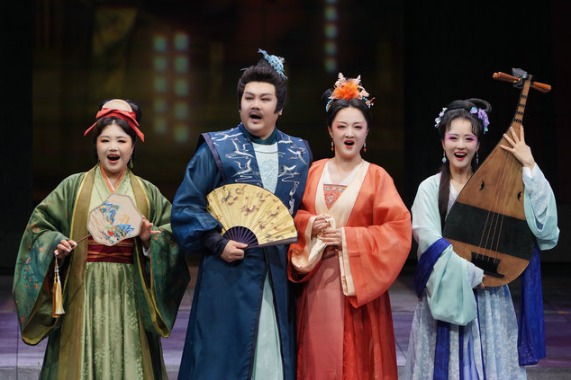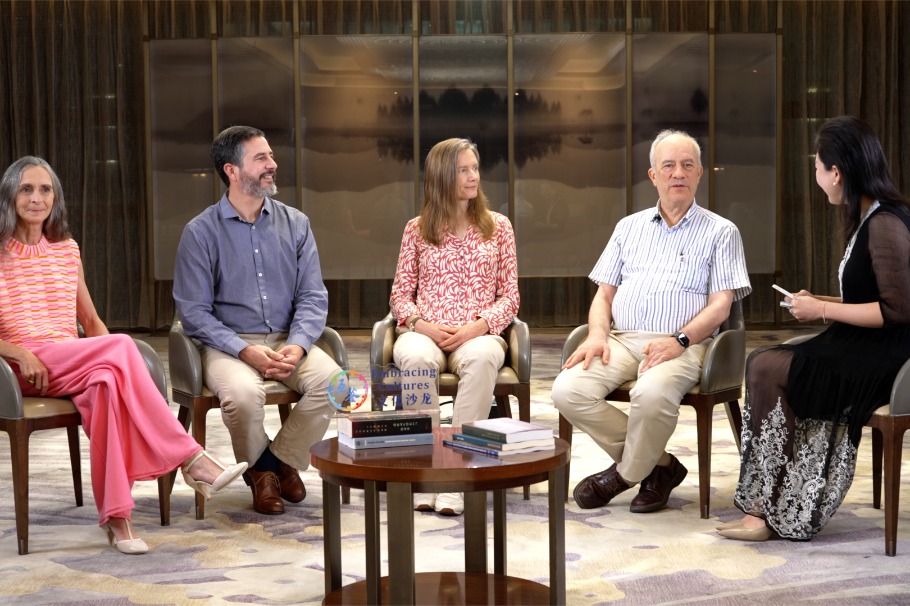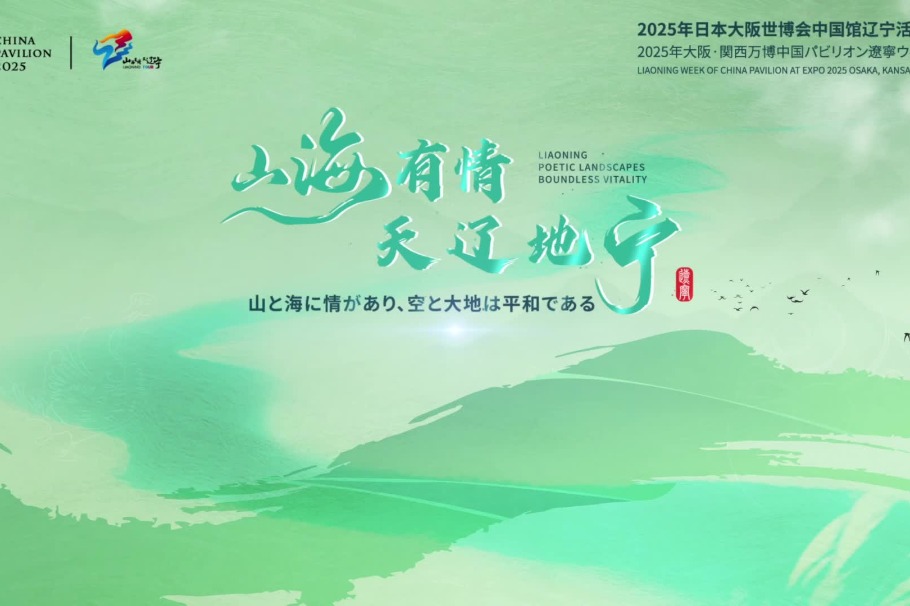Scholars reframe global understanding of World War II

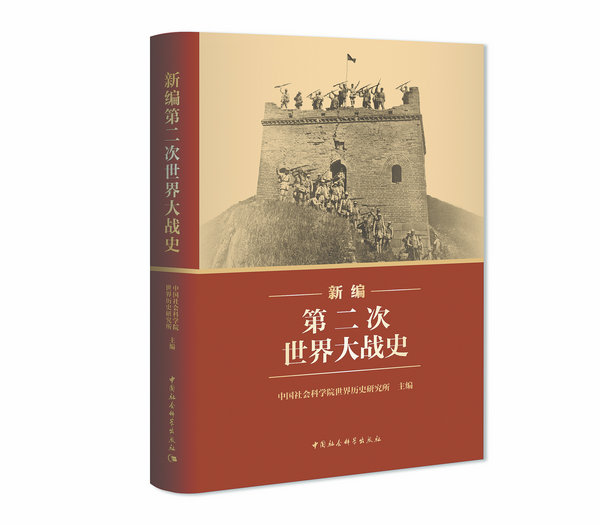
Amid rising global tensions and fragmented historical narratives, Chinese scholars are pushing for a more balanced understanding of World War II — one that highlights China's immense sacrifices and contributions.
Their appeal was underscored at a seminar in Beijing on Aug 19, marking the release of A New History of World War II, a landmark publication commemorating the 80th anniversary of victory in the Chinese People's War of Resistance Against Japanese Aggression (1931-45) and the World Anti-Fascist War.
Edited by the Institute of World History at the Chinese Academy of Social Sciences and published by China Social Sciences Press, the book places China's resistance war firmly within the broader context of the global anti-fascist movement. It emphasizes the crucial role of the Communist Party of China as the mainstay of the war of resistance.
Its English edition, set for overseas release later this week, is expected to extend the book's influence internationally.
"Around 80 years ago, peace-loving and justice-upholding forces across the world fought battles under the banner of the anti-fascist united front and defeated the fascist aggressors," said Zhao Zhimin, secretary general of the Chinese Academy of Social Sciences, at the seminar. He added that the book provides historical insights in building a more just international order.
The book traces the course of global events from the collapse of the Versailles-Washington system and the outbreak of WWII to the defeat of the fascists and the postwar reordering of the world. It stresses that the decisive factor in victory was the international antifascist united front, forged by peace-loving nations and peoples across continents.
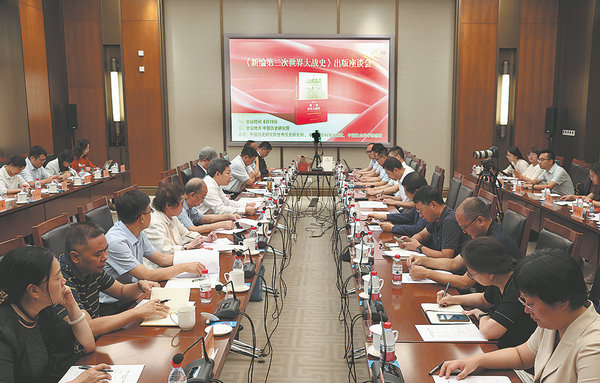
The book highlights how resistance movements erupted across Europe and Asia, while Africa, the Americas, and Oceania provided crucial support. Strategic collaboration among allied powers, it argues, created the conditions for a collective victory in the World Anti-Fascist War.
In doing so, the volume not only recounts history but also reflects China's ongoing commitment to peace, development, and the vision of a community with a shared future for humanity.
By December 1941, when the Pacific War broke out, China had already been resisting Japanese aggression for a decade, fighting on the eastern battlefield of the global anti-fascist front. The book provides a panoramic analysis of all major theaters — Eastern, European, Pacific, Atlantic, and North Africa-Mediterranean — and the coordination between them. It also details the decisive role of the united front, documenting moments of international solidarity.
Reaffirming the CPC as the mainstay of the war of resistance, the book details how the Party led the armed resistance in Northeast China, formulated strategies, and mobilized masses behind enemy lines, using tactics like tunnel warfare to vast effect.
Experts at the seminar hailed the book as a corrective to existing accounts that underplay China's role. Wu Yin, former vice-president of CASS, says the book approaches the resistance war from the perspective of the eastern main battlefield, thereby making it an integral component of the entire world theater of war.
For its editors and contributors, the book is more than a historical record. It is also a call to action: to learn from the lessons of the antifascist struggle, to uphold true multilateralism, and to foster exchanges among civilizations.
In a world facing uncertainties, the scholars argue that understanding the full, collaborative history of defeating fascism is not just academic — it's crucial for securing a peaceful future.


